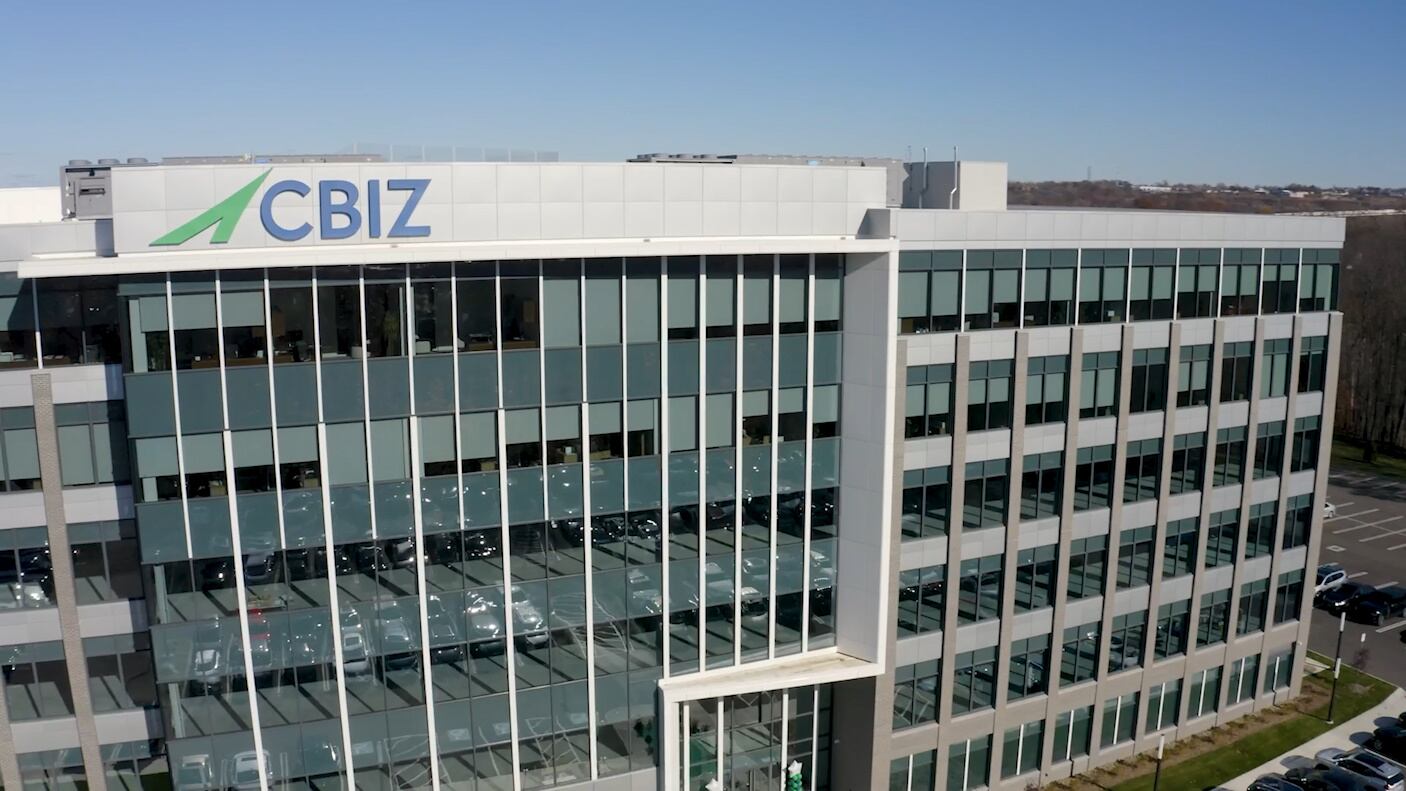Here is a rundown of Cheddar News' top trending market stories of the day.
RECESSION OUTLOOK
After Friday's historic jobs report, which showed the U.S. economy adding half a million new positions despite a slew of recent high-profile tech layoffs, recession blues are waning. Economist Larry Summers, former Treasury secretary under president Bill Clinton, told CNN's Fareed Zakariaha on Sunday that it is now more likely the Federal Reserve will pull off a "soft landing" (i.e. avoid a recession), even as he stressed that the economy is not "out of the woods" yet.
APPLE'S NEW IPHONE
Apple tracker Mark Gurman said the tech giant is currently deciding whether it will release a new, more expensive iPhone called "Ultra" in the near future, which could arrive on shelves as part of the iPhone 16 lineup in 2024. Gurman speculated that this new model would actually be more expensive than the iPhone Pro and Pro Max models, which start at $1,099.
TWITTER COMPETITOR
Kevin Systrom and Mike Krieger, co-founders of Instagram, last week revealed details about their latest project: a social media app designed to compete with Twitter. Called Artifact, the entrepreneurs described the app as a "personalized news feed using the latest AI tech." Right now, the app is only accessible via invitation only, but those interested in a Twitter alternative can sign up for a wait list to eventually test out if Artifact is a serious contender.
ACTIVISION BLIZZARD SETTLEMENT
Activision Blizzard, the company behind Call of Duty and Overwatch, has settled charges over its handling of workplace harassment and discrimination claims with a $35 million fine. The Securities and Exchange Commission released a statement saying the company was aware that it lacked sufficient procedures to address the problem and needed to be more proactive to collect and assess the complaints.












